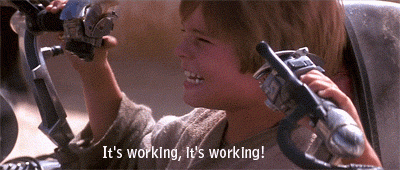wattmatters
Solar Wizard
If you only look at cost of operation vs ticketed income, then public transit will generally always come out looking like a loser.And the government is so good at weighing investment vs. return.
But that's such a crap way to evaluate its value. It ignores improvements in many externalities.
Every person using public transit is not sitting in a car clogging up the roads even more. Fewer road deaths and injuries, better health outcomes from less pollution etc. More efficient cities and towns, better access to transportation for all, especially those who are unable to drive.
That's not to say one should accept poor management of such systems or poor choices in their financing or the type of transit put in place (monorails anyone?), but their value is far greater than the ticketed fare income alone would suggest.
Just have a look at sports stadiums in the US vs say elsewhere in the world. The US stadium is typically surrounded by a massive area of car parking far larger than the stadium are itself. It's insane when all those people could be moved far more efficiently via public transit.



